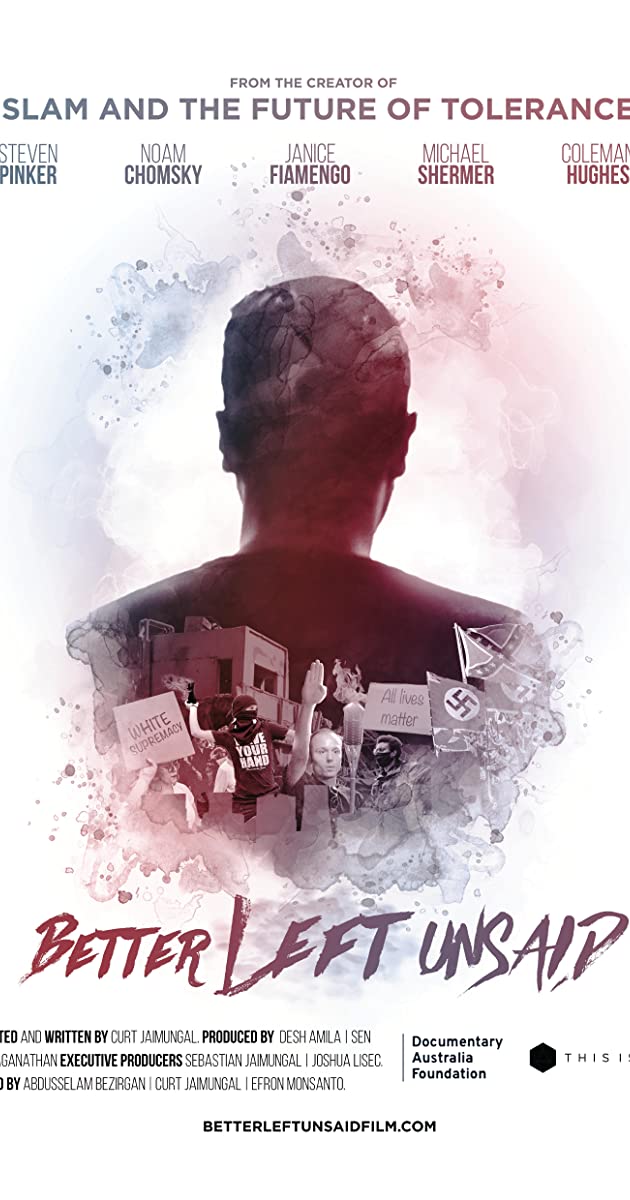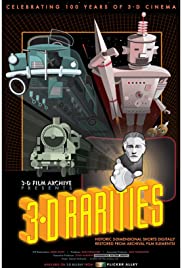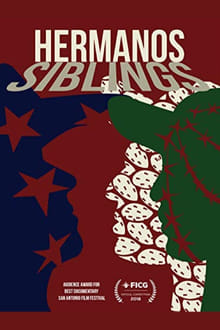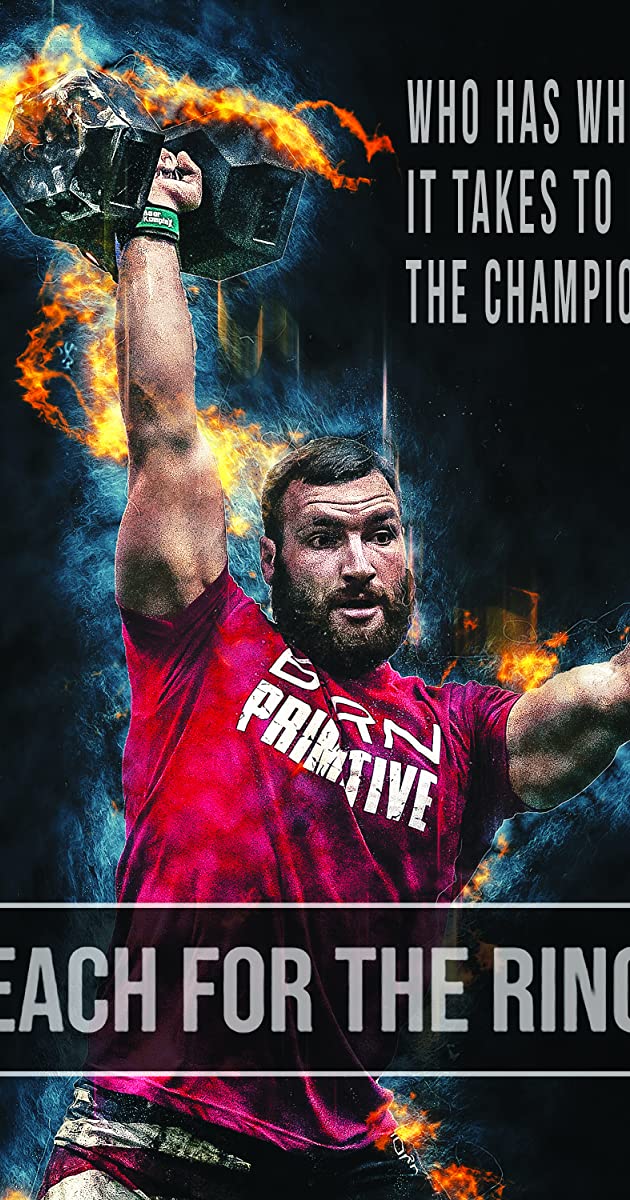
The premise behind Better Left Unsaid, lies in the unconfined analysis of the often violent extremism of today’s Western political landscape. As liberal democracy becomes increasingly challenged in the West, we expose the dangerous tactics employed by the radical-left and far-right, alike. In a world where political polarization frames the way in which we live, a new path forward of unity is needed more than ever before. The value of the film lies in its impact, brevity and digestibility – as we confront the philosophical underpinnings of the radical left and their extreme right counterpart.
You May Also Like

Selections include Kelley’s Plasticon Pictures, the earliest extant 3-D demonstration film from 1922 with incredible footage of Washington and New York City; New Dimensions, the first domestic full color 3-D film originally shown at the World’s Fair in 1940; Thrills for You, a promotional film for the Pennsylvania Railroad; Stardust in Your Eyes, a hilarious standup routine by Slick Slavin; trailer for The Maze, with fantastic production design by William Cameron Menzies; Doom Town, a controversial anti-atomic testing film mysteriously pulled from release; puppet cartoon The Adventures of Sam Space, presented in widescreen; I’ll Sell My Shirt, a burlesque comedy unseen in 3-D for over 60 years; Boo Moon, an excellent example of color stereoscopic animation…and more!

Saturday Night Live has been reflecting and influencing life in the United States for forty years. LIVE FROM NEW YORK! goes deep inside this television phenomenon exploring the laughter that pulses through American politics, tragedy, and pop culture.

St. Pauli, the traditional district of Hamburg is changing. Local resident Johannes Neinens embarks on a journey through his own district to find out why everyone here has a different opinion.

With unique access to high-ranking candidate Helen Clark, filmmaker Gaylene Preston casts a wry eye on proceedings as the United Nations chooses a new Secretary General.

After claiming the first descent of the world’s deepest canyon, five university students from Krakow risk it all to fight for democracy in the Eastern Bloc.

Scientists on a daring polar voyage to uncover the Arcticandapos;s climate secrets.

Tells in parallel, the story of two Mexican brothers that want to go back to the United States after being deported for life, and the story of an American woman who lost her house and today believes she can get it back through Trump’s promises. Their journeys take them on road trips to meet with their past and with relatives who they believe can help them achieve their dreams. Immigration has been shown in many ways, but it has never been presented through the lives of Mexicans and Americans who live similar situations due to poverty and lack of family structure. To achieve a dream you first need to know the name of the dream.

An in-depth look at the Democratic and Republican national conventions held during the 2008 U.S. Presidential election year.

The bizarre history of Filipino B-films, as told through filmmaker Andrew Leavold’s personal quest to find the truth behind its midget James Bond superstar Weng Weng.

The world’s top Functional Fitness athletes converge on Malmo, Sweden to crown their World Champions. Will the USA dominate in 2019? Will Canada’s Alex Parker defeat her rival, USA’s Jordan Adcock? Does this sport belong in the Olympics?

“White Boy Rick”, as he was called, was a novelty: A white teenager seemingly running a major inner-city drug operation. In May of 1987, 17-year-old Richard Wershe Jr. was charged with a non-violent, juvenile drug offense. By the time of his arrest he was already a Detroit legend, frequently making front-page headlines and leading the local television news. In this film, gangsters, hit men, journalists and federal agents struggle to explain why he remains in prison at nearly 50 years old. The possible explanation is more stunning than the crimes Wershe was alleged to have committed.

In his provocative 2021 book, The Devil You Know: A Black Power Manifesto, New York Times opinion columnist Charles M. Blow calls for a “reverse Great Migration” of African Americans from the North back to the South to upend today’s political power structures while reclaiming the land and culture they left behind. South to Black Power does more than illustrate Blow’s enlightening ideas; we journey through Blow’s personal story, from his childhood in Louisiana to his role as father to young adult children in New York City, showing us the hard-won truths behind his vision for the future.